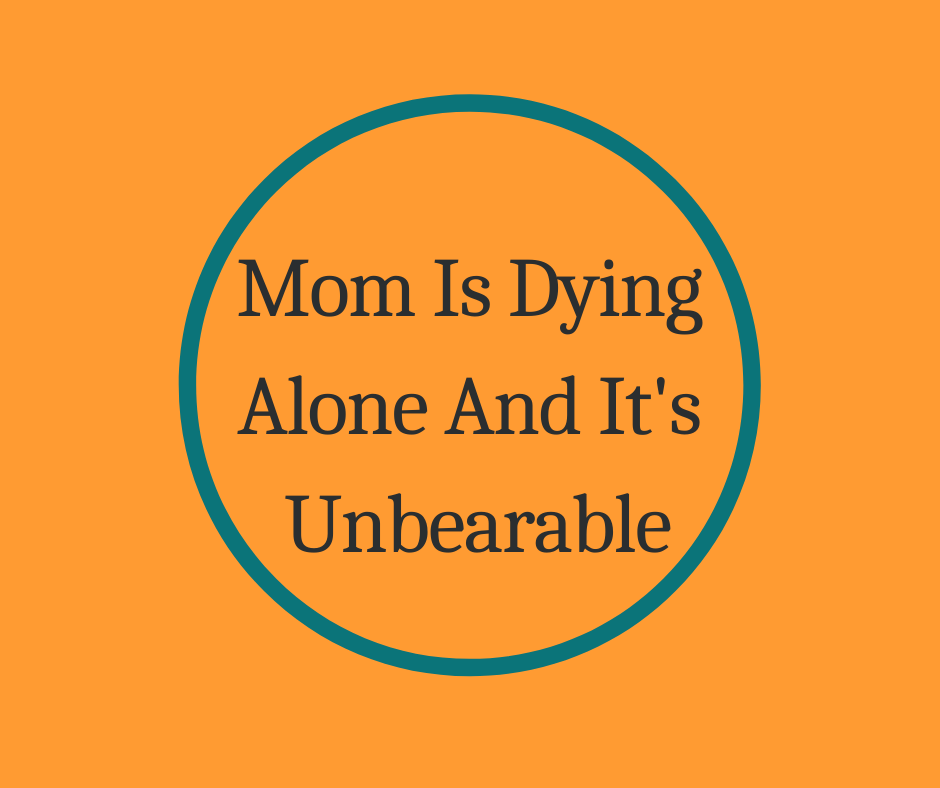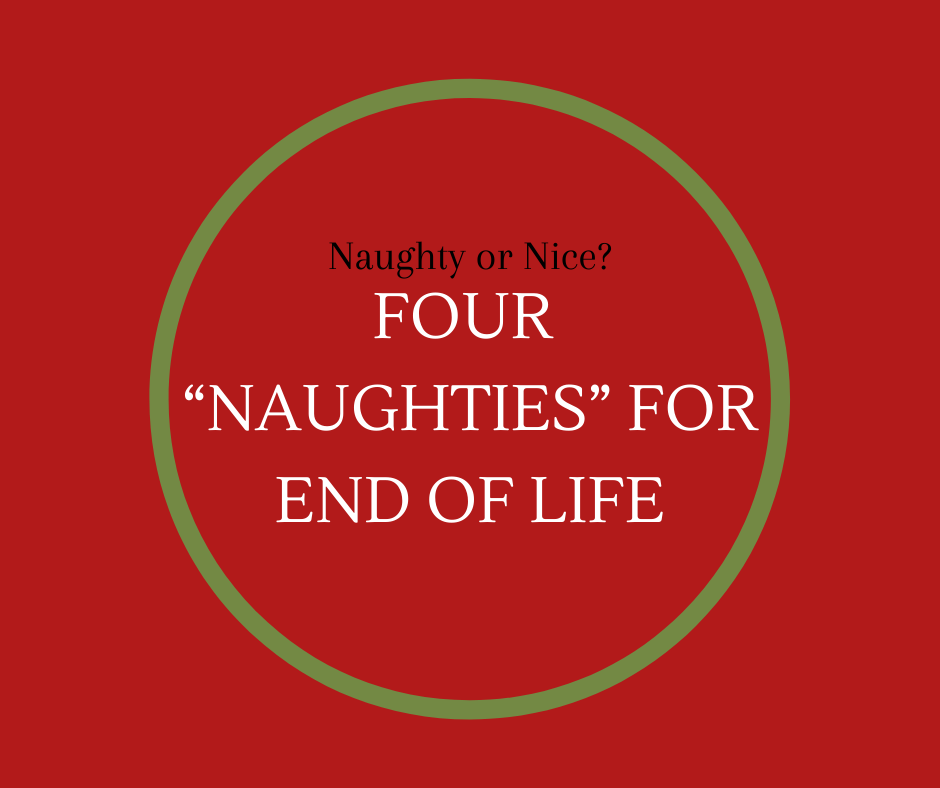I've been involved in hospice nursing for many years and I understand protocols and policies change, but I'm looking for clarity and hope you can shed light on this. Our medical director favors giving patients morphine and/or Ativan when patients are unresponsive but are experiencing tachycardia. He feels that if the heart rate is rapid, it is an indication that they are suffering and will need the medications.
This was a bone of contention recently with a contracted hospice. They felt the tachycardia was caused by dehydration and felt that medicating at this time could be viewed as a type of euthanasia.
I feel both (pain/dehydration) could be cause for tachycardia. Any insight you can offer will be greatly appreciated.
Thanks for reaching out. I agree with you it could be either or, pain or dehydration, causing the rapid heart beat. BUT I want to think further than a reason to give medication and to recognize that the rapid heart rate is because the person is dying.
Their body is trying to keep going even while it is shutting down. The body's defenses are doing whatever they can to keep the body functioning THAT is why there is a rapid heart rate.
What we, as end of life workers, must remember is we are not "fixing" anything. We are keeping a person comfortable. If pain has not been part of the disease process then there is no reason to believe the person is now in pain. If there wasn't pain earlier there is probably not pain now just because death is close.
Dehydration is part of the dying process. It increases the calcium in the blood, induces sleep and eventual death. It is part of the natural way the body dies. Dehydration provides a gentle way for death to come.
Our job is to not interfere with the dying process. It is to guide the patient and family to as gentle an experience as we possibly can.
For the family it is helping them understand the natural dying process. Helping them see that nothing "bad" or pathological is happening, that their loved one is doing a good job of releasing from their body AND what they are seeing is how it is done.
So often healthcare professionals, doctors included, forget that dying is not a medical event. It is a social, communal experience.
Institutions, hospitals, nursing facilities, yes, even Hospice Houses often put too much emphasis on the medical parts of dying. They end up neglecting the educational component that is so important to understanding end of life.
Taking care of someone at end of life is different than taking care of someone that is going to get better. Most people, including some healthcare workers, don't know this.
This lack of knowledge in the difference between someone who is getting better and someone who is dying, leads to misunderstanding, confusion and dissatisfaction with end of life care.
First and foremost our end of life healthcare professionals must understand the dynamics of dying. Unfortunately, many are still treating the dying as they would a person who is going to get better. The care is different. The body is responding differently. Our approach to care is different.
Something More... about Rapid Heart Rate in the Dying
“Nursing students have insufficient training in death and dying,” says Foltz-Ramos. “This inadequate education negatively affects patient care and patients’ families – how professionals communicate death can have a lifelong impact on survivors.”
We are in need of hospice nurses at agencies across the country. New, young nurses are arriving at our agencies with less than optimal training. Many agencies start training their new nurses (volunteers, CNA's, staff) with NEW RULES for End of Life Care. Then have an in-service training three weeks in a row with my in depth teaching tool, THIS IS HOW PEOPLE DIE. This training covers medicare's consistent education piece and helps agencies with their CAHPS scores from families.







9 comments